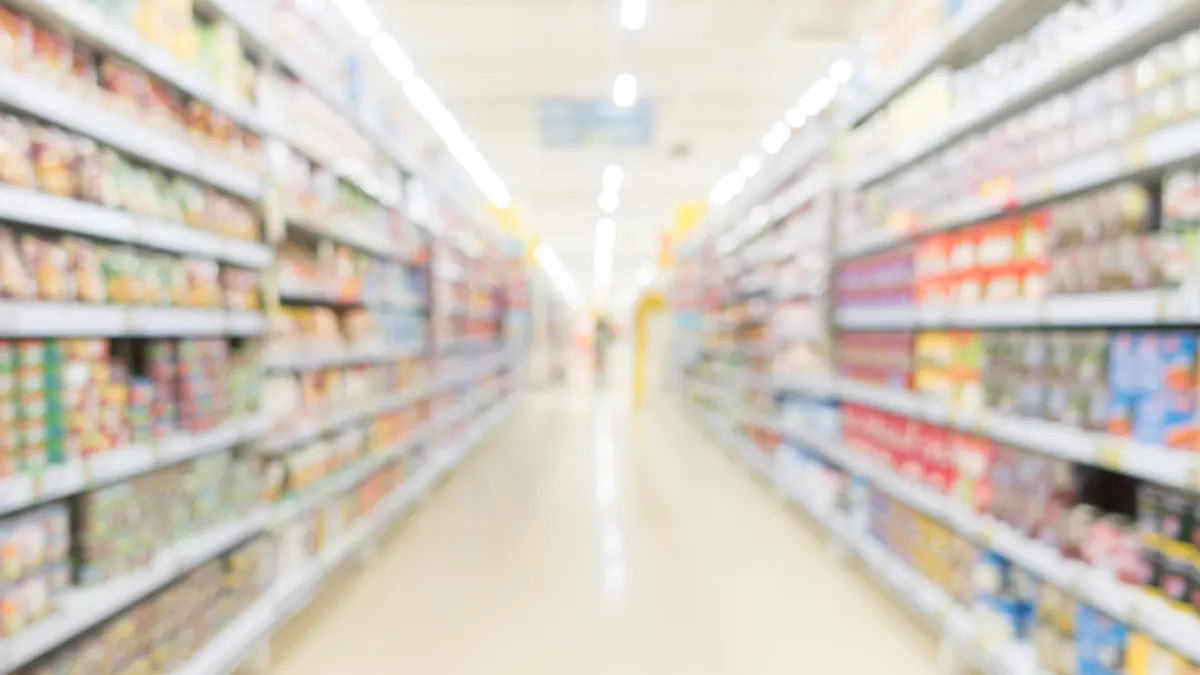
According to an official, the Policies and Customs Procedures Department of the General Authority of Customs is working on streamlining customs procedures and creating the customs value programme on the Nadeeb system.
"The department works on developing and simplifying customs procedures and proposing customs procedures for all customs situations for goods entering and leaving the country," stated Ahmed Al Kuwari, Director of the Policies and Customs processes Department, in a recent Customs newsletter.
Additionally, the agency is revising its lists of restricted and forbidden items for export or import. It actively engages in the planning, evaluation, and drafting of executive decisions about pertinent matters in light of Law No. (10) of 2023, which amends some sections of Customs Law No. (40) of 2002.
The official clarified that items that are subject to import or export restrictions based on the Customs Law or other laws are known as restricted goods. As a result, the first step in restricting any item is coordinating with the registration authorities who are mandated by law to approve its distribution. This is how a database for restricted items is created.
Next, each category's coordinated codes are allocated in accordance with the single customs tariff. The National Committee for Customs Clearance and Facilitating Cross-Border Trade subsequently approves the restricted categories. The restriction is then triggered in the customs clearance system (Nadeeb), permitting the release of goods only upon permission from the appropriate authority.
Al Kuwari further stated that the aforementioned information is updated on a regular basis in collaboration with the registering authorities.
The General Customs Authority was restructured by Amiri Decree No. (36) of 2023, which formed the Policies and Customs Procedures Department. It is in charge of developing policies and provide complete assistance for technical customs concerns to customs ports and other authority departments.
The creation of a database specifically for the customs value of different goods is one of the tasks involved. Other tasks include supervising the application of rules of origin in compliance with pertinent agreements and laws, suggesting changes to tariff categories, creating and proposing subheadings for the unified customs tariff, improving and streamlining customs procedures, creating lists of goods that are prohibited or restricted, and applying them to the customs clearance system.
